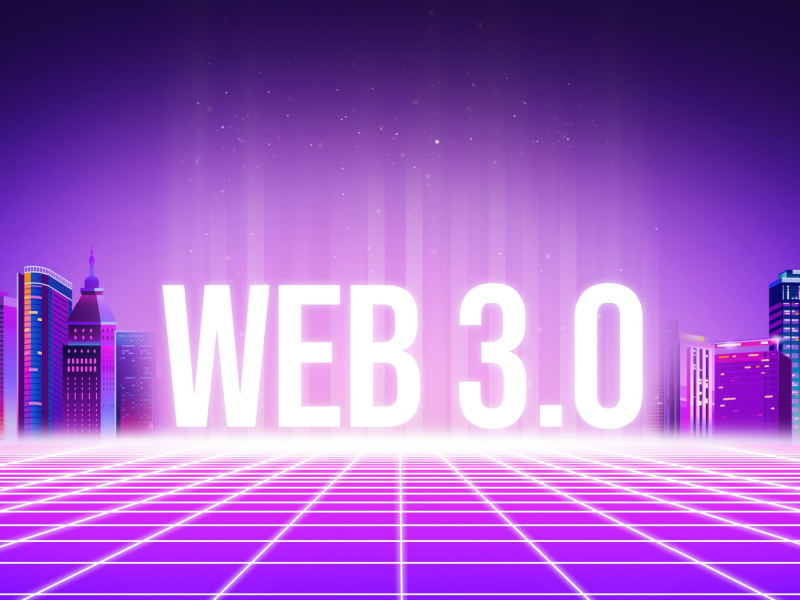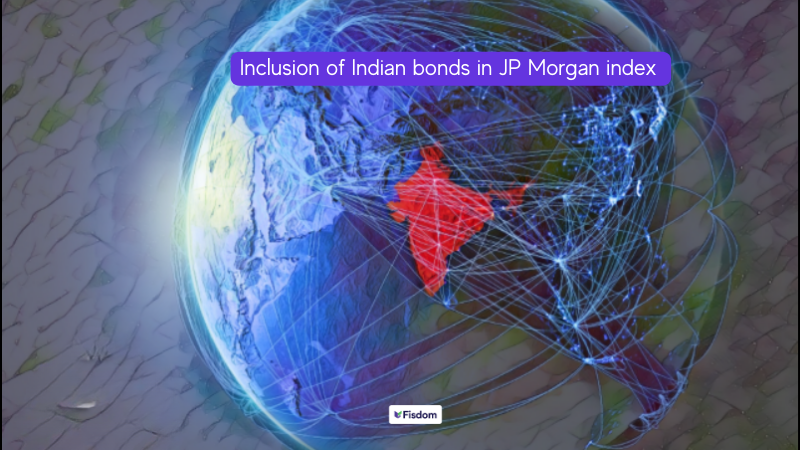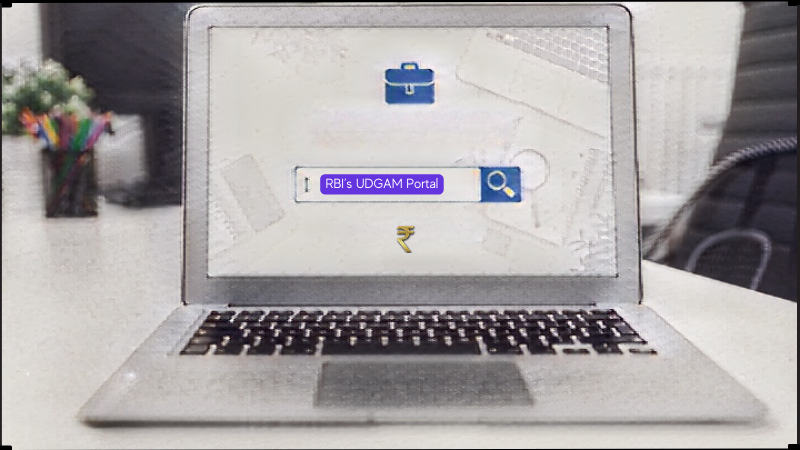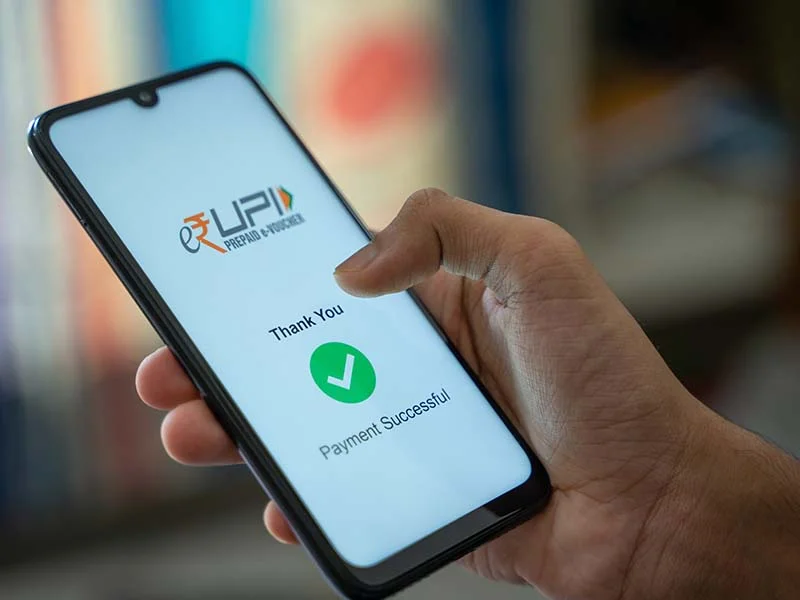
The Internet today has become an indispensable part of our daily lives. Right from entertainment to getting groceries or booking a cab to go from point A to point B, we all depend on the internet. Our reliance has become so extensive that a slowdown of the internet for even a few minutes can disrupt our lives. In the wake of using various apps and facilities through the internet, we have also given up a lot of our control in terms of our data and privacy. Not many realize that while logging in to these apps and providing personal information, we are giving them access to our lives and our important data.
Web 3.0 is the new platform with the central idea to remove these complications and ensure data protection at the highest levels. So what is this Web 3.0 and why is it the key to transforming businesses not only in India but across the world? Given below are the answers to these questions and other related details of Web 3.0.
What is Web 3.0?
Web 3.0 is the third generation of the internet that is developed with the idea of creating a decentralized system. To understand Web 3.0 in a better manner, it is important to understand the earlier two versions and their implications. Web 1.0 was the earliest version of the internet and allowed the users to have a facility for a read-only version of the internet where users could only read the information available on the internet. The second generation, Web 2.0 that we are currently using, allows the users to not only view the information but share it as well. Users get access to more flexibility and options in Web 2.0 in terms of being able to upload and download content, create, send, and receive the content in text, image, or video format.
Web 3.0 is the latest addition or improvement rather where the users will get the facility to not only read, create, send and execute content but also interact with it. This third generation of Works Wide Web will be based on the excessive use of artificial intelligence (AI) for dynamic applications and also involve machine-to-machine interaction.
Read more: What is blockchain and how will it affect businesses?
The users can get a more personalized experience as the basis of Web 3.0 will be to function in a decentralized way. This decentralized technology will be run on blockchain technology which will also help in keeping the data of the users and their personal sensitive information secure. In Web 2.0 the ownership of the data and information is with the tech giants like Facebook and Google. Web 3.0 will eliminate this situation and the ownership of the data will be in the hands of the users.
What are the highlights of Web 3.0?
The various special features of Web 3.0 that will give it an edge over the current version and make it a better user experience for the ultimate consumer are highlighted below.
- Semantic web
The new generation, Web 3.0, will allow the internet to be more reactive or responsive. It will have the ability to understand words and the data input to decode it in a better way that will help in suggesting products, locations, understanding preferences, etc based on the data and the keywords used.
- Omnipresent (Ubiquitous)
The internet is being used today in almost every aspect of life and is quite omnipresent already. Web 3.0 will take this a step further and provide better interconnected devices and a pathway for the development of new technologies and gadgets using the Internet of Things (IoT) technology.
- No need for any permissions
Currently, the data of the users is owned by the tech giants and they hugely profit from this data. Web 3.0 will put the ownership of the data back in the hands of the users and they will not need to get any permissions to interact with each other from a centralized portal or authority or intermediary.
- Use of 3D Graphics
Web 3.0 will use more 3D Graphics and technology like AR/VR that can be used to create diverse products like a metaverse. These products will help in bridging the gap between the virtual world and the real world enriching the user experience. This technology will also be a game changer for sectors like health care, real estate, e-commerce, education, etc.
- Cryptocurrencies and NFTs
Recent years have seen a rise in cryptocurrencies and the increasing user base and acceptance of this form of currency. Web 3.0 will further enable the exchange of these currencies for services making transactions more dynamic. There will be better protocols for detecting and preventing fraud making the use of digital currency safer and more acceptable to the masses.
Read more: Points to consider if you are investing in crytos
What will be the impact of Web 3.0 on Indian businesses?
According to a study by USISPF (US India Strategic Partnership Forum), the use of Web 3.0 in the Indian economy can contribute approximately US$ 1.1 trillion additionally to the latter’s GDP. The impact of Web 3.0 on the Indian business environment can be estimated in the following ways.
- The extensive use of 3D technology will help businesses provide a real-time experience of their products and services to the end users. This will eventually make it more approachable and acceptable while at the same time changing the face of businesses and the way businesses approach their end customers.
- The use of blockchain technology will enable better security of consumer data as well as corporate data. The use of this technology in executing smart contracts in a definitive and structured manner will reduce the possibilities of potential delays, leeways, and frauds making the businesses more secure.
- The use of IoT will enable the faster collection of data as well as optimization of operations and use of resources. This will help in making the business more efficient and improve its productivity.
Conclusion
Web 3.0 is the next stage of development in the World Wide Web and will change the business dynamics and the professional environment for the better. The core of this upgrade will be empowering the users and providing them with better facilities so they can use the internet to its full potential.
FAQs
The pillars of Web 3.0 or core elements in its architecture are blockchain technology, smart contracts, Ethereum Virtual Machine (EVM), front end, and digital identity.
Currently users are using the second generation of the World Wide Web, Web 2.0.
The use of 5G and Web 3.0 technology will be a game changer for businesses across the globe including India. This will revolutionize sectors like education, healthcare, travel, insurance, cryptocurrency exchange, social network, streaming services, storage, banking, e-commerce, etc.
Blockchain technology will essentially be the driving force in determining the mode of collection of data and the way it will be managed on the internet.



























